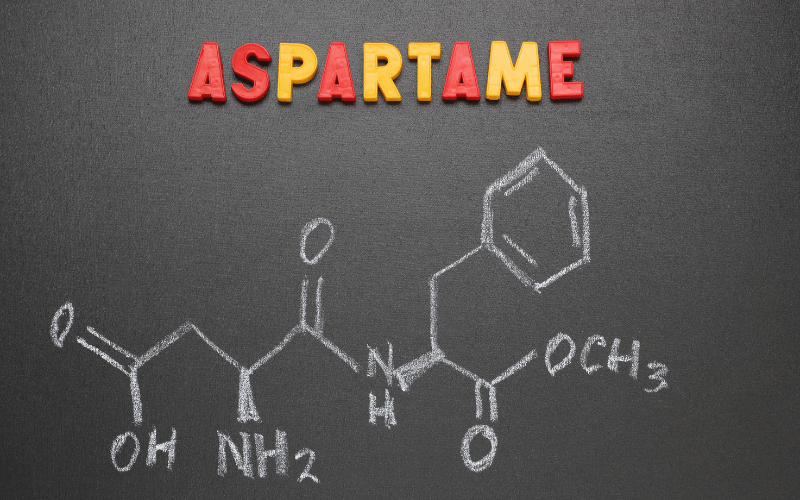Food 9: Artificial Sweeteners

Artificial sweeteners, such as aspartame, sucralose, and saccharin, are commonly used as sugar substitutes. They provide sweetness without the accompanying calories and carbohydrates of sugar, which seems beneficial for blood sugar control. However, the relationship between artificial sweeteners and blood sugar management, especially in the context of prediabetes, is more complex and still a subject of ongoing research.
Some studies suggest that even though artificial sweeteners do not raise blood sugar levels directly, they may still affect the body’s insulin response. Consuming foods and beverages with artificial sweeteners could lead to an insulin spike, mimicking the body’s response to real sugar. This can be problematic for individuals with prediabetes, as it may exacerbate insulin resistance over time.
Emerging research indicates that artificial sweeteners may alter the gut microbiome, affecting metabolism and potentially leading to glucose intolerance. A healthy gut microbiome plays a crucial role in overall health, including blood sugar regulation. Therefore, the long-term effects of artificial sweeteners on gut health are an important consideration for those with prediabetes.
Another factor to consider is the psychological impact of consuming sweet-tasting foods and beverages, even if they are calorie-free. Artificial sweeteners can perpetuate a taste for sweet flavors, potentially leading to cravings and overconsumption of sweet, high-calorie foods. This can hinder efforts to adopt a healthier, less sugar-centric diet, which is essential for managing prediabetes.
For individuals with prediabetes, it may be beneficial to reduce reliance on artificial sweeteners and instead focus on acclimating the palate to less sweet flavors. Using natural sweeteners like stevia in moderation can be a better option. Additionally, incorporating spices like cinnamon or vanilla can provide a sense of sweetness without the need for sugar or its substitutes.
Reducing the intake of artificial sweeteners can support better blood sugar management and overall health in the long term. It encourages a more natural and less sweet diet, which can help in moderating insulin response, maintaining a healthy gut microbiome, and reducing cravings for sugary foods. For individuals with prediabetes, this approach is a step towards a sustainable and health-focused dietary pattern. (9)